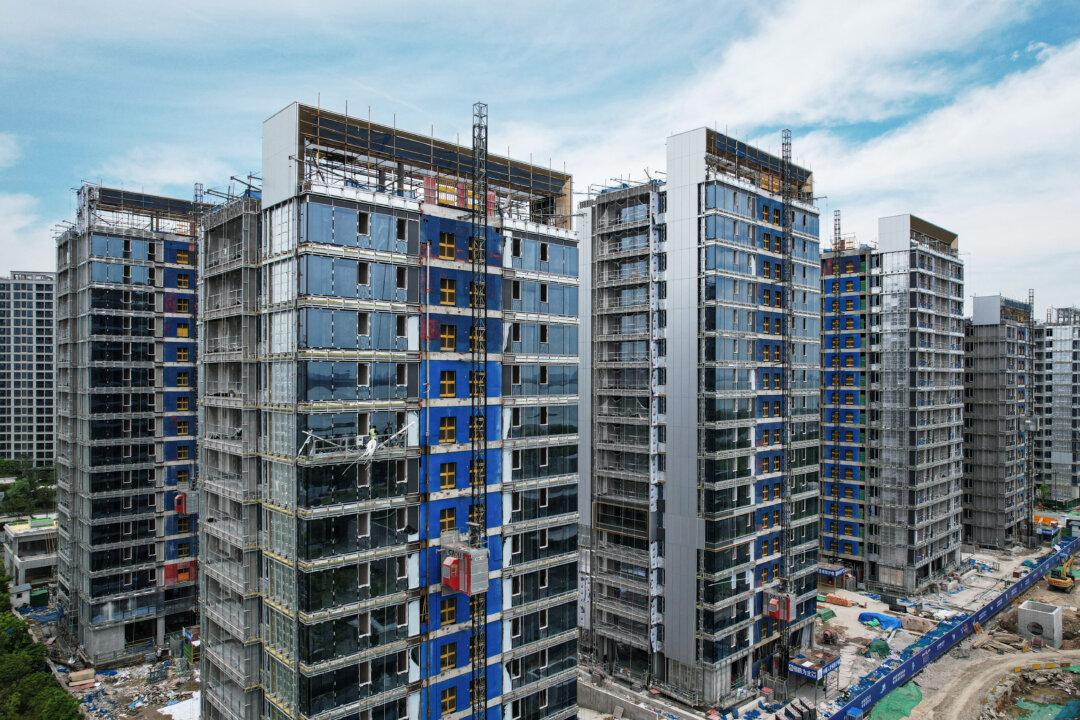Exacerbating the spillover effects of China’s lingering property crisis, Ping An Trust (Ping An), a subsidiary of China’s Ping An Insurance, said yesterday it had to delay the repayment of a trust product, mainly because of the downturn in the Chinese real estate market.
In an official announcement posted on the Chinese social media site WeChat on April 10, a wealth management firm based in Shenzhen, China, revealed that it has postponed the payment on Funing 615, a product invested in a residential property project located in Xiamen, Fujian province. This project is owned by Chinese property developer Zhenro Properties Group.





